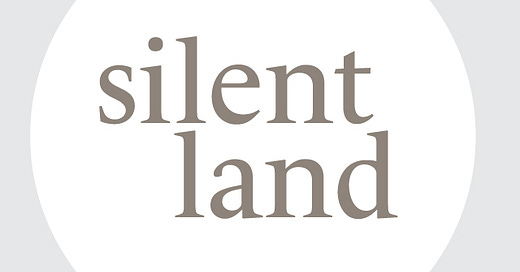I often think I’m a smooth talker. Like I always “know what to say” and that it’s easy for me to connect with people. I often don’t get overwhelmed by group social gatherings and think I make sense most of the time.
This actual disillusionment became dispelled once I met my wife. She has quite the gift at understanding logic and having keen perception. She’s incredibly astute and tracking the process of someone sharing and how much sense it makes (shout out to my father-in-law for priming her).
In our working through conflicts, I’ve been able to name 3 areas of communication to grow in. Maybe (probably) you fit into one as well.
lack of context causing confusion
lack of patience, defensiveness in being called out
lack of thinking through first, awkwardness and hurt
Confusion Context
As is common in the South, we often don’t have points to our stories and sharings. We share just to share. While there is a place for this, it’s not efficient and often makes it more burdensome for the person listening, trying to understand. This type jumps right in to conversation, is all over the place and jumps from topic to topic. They leave out major points that help make sense and provide context to the sharing. It can often feel like a tidal wave pummeling you as the listener and a spewing fire hydrant as the sharer. The body will often look away and loose focus on the person you are sharing with. A subconscious nervous/anxious response that makes it a dominating, one way interaction.
A solution here is for you as the one sharing to have an idea of your end point. To think through what needs to be said in order for that point to happen and to do the heavy lifting of mental thoroughness to avoid confusion and clarifying questions. Less is more here and you must trust that “fully expressing” yourself can be done in a short and sweet manner.
Defensiveness
Men are, stereotypically and accurately, culprits of this type, though, it’s a natural ego stance. This type hates being wrong and avoids being called out at all costs. The typical response is either cutting off the person calling you out, blaming them for something they did wrong instead of addressing the present issue, or hurling insults at the confronter in a way that is childish and immature. The body will often get tense and your responses, short and cutting.
The solution here is to take a deep breathe, tell yourself to listen for truth and be reminded that the person sharing is often coming from a good place. Tell yourself it’s not a threat and you being aware of something to be better at is a good thing, though it doesn’t feel good in the moment. Keep the focus on what you did, why you did it and how you can not do it again.
Impulsivity
Common examples are that inappropriate joke that makes people feel weird or the hurtful comment made that overlooks how it could effect someone. You often feel “off” after saying it or wonder why the energy in the room shifted. The impact is immediately felt but not addressed until later in private or in passivity. Resentment and judgement often occur in the person affected by the comment but rarely sharing with the perpetrator. The body often feels confident sharing but shameful and awkward afterwards.
A solution here is to consider everyone in the room, their stories and trigger points. It’s better to be safe than sorry here and more conservative in speech. Consideration and humility are key here. While you don’t want to shy away from expressing yourself or sharing, you want to be mindful that every word shared has an impact, for better or for worse.
There is much power in the tongue. Christians believe so much so that you either give life or death. The stoics and buddhists talk about taming the tongue through discipline. Being right with your speech is a lost art. We live in a world where whatever is said, goes and has to be taken as truth. We need to realize and revere the humble process of learning to speak rightly.
There’s an old Jewish proverb that says, “We are only given so many words in this life and when we say our last, we die.” This points to the reality that our lives and words are finite and a gift. While all can be forgiven, all cannot be taken back. Once we open our mouths, we show the world who we are. Make it a mission to grow in loving and true speech, be mindful of the typical pitfalls mentioned above, and be inspired that what you say matters.
Questions
Which are of communication growth do you resonate with?
Is there another type that comes to mind that’s not mentioned?
Who do you need to reconcile with that’s been negatively impacted by your speech?
How can you develop the habit of communicating more clearly, truthfully and lovingly?
Quote
“From the overflow of the heart, the mouth speaks” - Matthew 12:34-40
"I have always something to repent for after having talked, but have never been sorry for having been silent" OR"Many time I spoke and regretted what I said, but about silence I will never have any regret". - St. Arsenious




I'm NEVER defensive when it comes to listening to what others have to say and I can't believe that you have the nerve to suggest that I am!